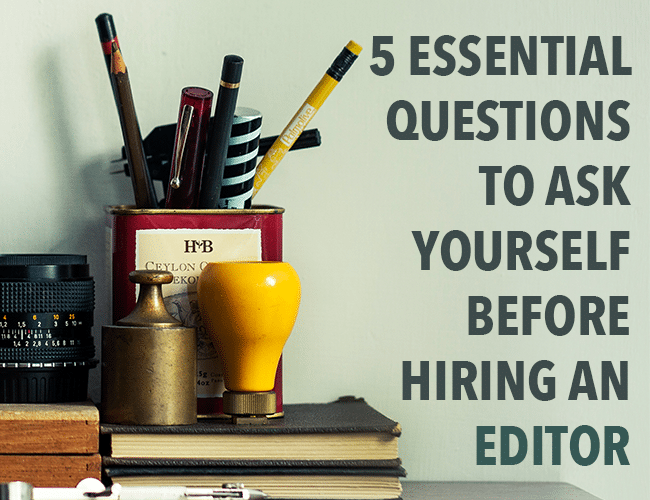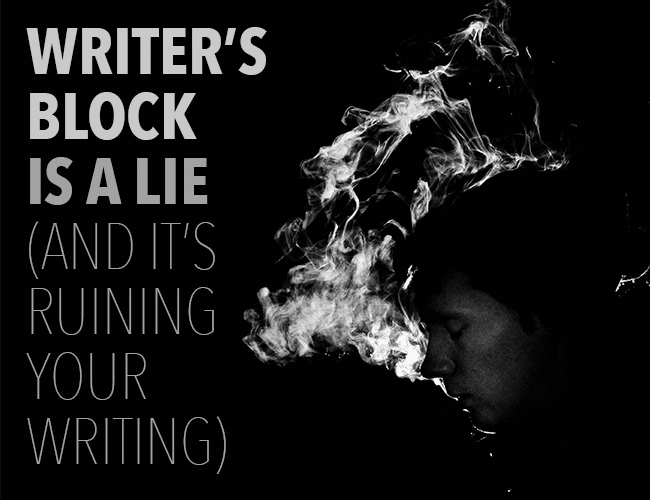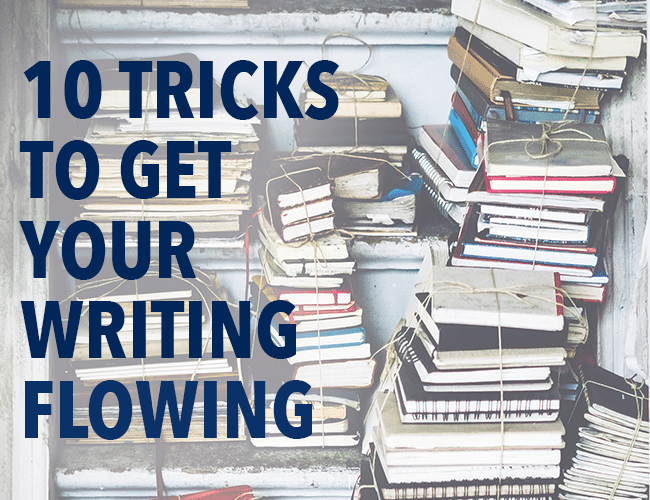
by Guest Blogger |
You finally finished writing your book. There’s a glimmer of hope that the end is near. It’s time to pass your rough draft on to an editor to clean it up, right?
Not so fast. Have you revised it yourself yet?
What a lot of bestselling authors and writing coaches will tell you is the hard part of writing a book is not writing the book. The hard part is rewriting your book.

by Guest Blogger |
Let’s be honest. There is no such thing as Writer’s Block.
This is a phrase that we use to describe the frustrating experience of wishing to write without being able to. But there’s no such thing. We say that we have this thing called “writer’s block” and it’s the reason why we’ll never achieve our dreams. As if it’s a contracted disease. But it doesn’t exist.
What we are experiencing is the self-inflicted phenomenon of writers making choices that frequently lead to failure. And knowing that writer’s block is a myth is exactly what you need to beat it.

by Guest Blogger |
I have been opposed to outlining since childhood. I distinctly remember a time in middle school when I was required to write essays and turn in my outline as well. I couldn’t do it.
The necessity of the outline had a paralyzing effect on me—I couldn’t write anything if I had to know everything I was going to write beforehand. I took bad grades on good essays because I refused to do the outline. (To me, that’s like taking points off a bicyclist at the Tour de France for not using training wheels, but my teacher didn’t see it that way.)
I know many writers who say they can’t write without an outline. While it can help people organize their thoughts, I don’t think it’s absolutely necessary for anyone.

by Guest Blogger |
I’m pretty confident most of you know how to write a decent sentence: subject–predicate, noun–verb. However, when it comes to getting fancy, ambiguity can happen. And you can confuse your readers to boot.
Let’s take “only,” “both . . . and,” and “either . . . or,” for example. Where do you put them? And why does it matter?

by Guest Blogger |
For writers, as well as athletes, there’s nothing like being in the zone. Distractions fall away, time disappears, and your work seems to write itself. Unfortunately for most writers, being in the zone is rare—instead of inspiration, we feel dread; instead of knowing, we feel lost; and instead of excitement, we feel anxiety.
But it doesn’t have to be like this. In fact, according to the research of Susan Perry, Ph.D., there are several concrete writing techniques and practices that can actually make finding inspiration and “getting into the zone” an everyday occurrence.




